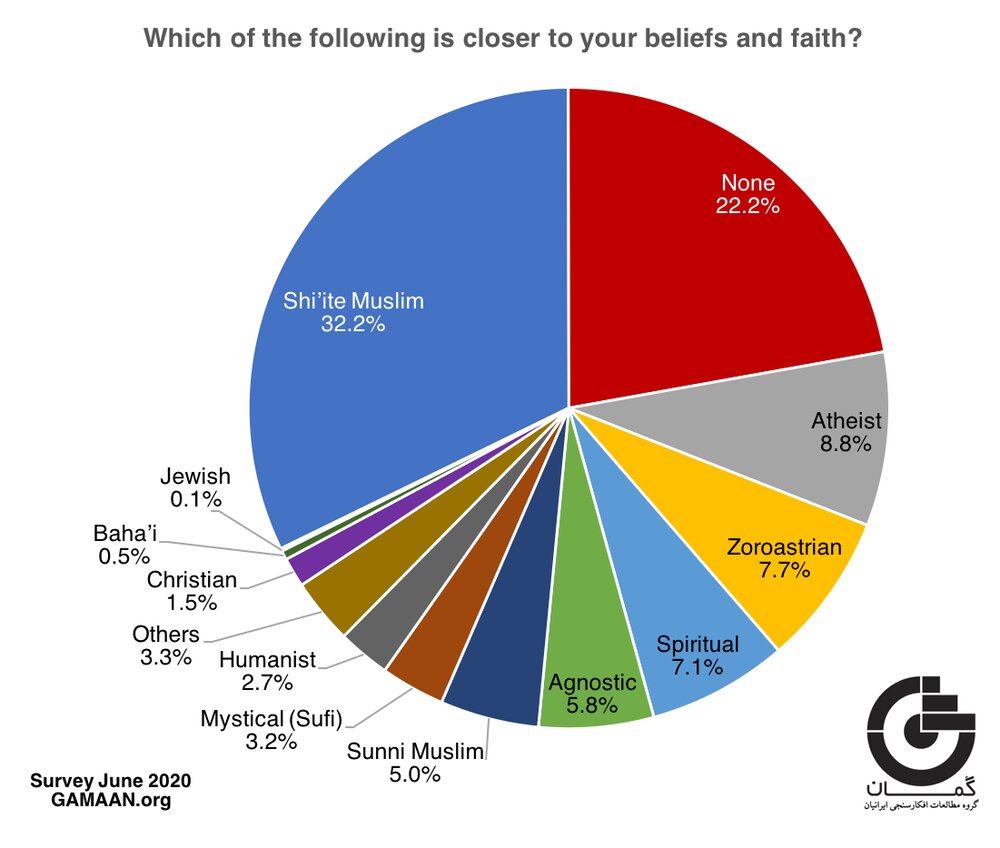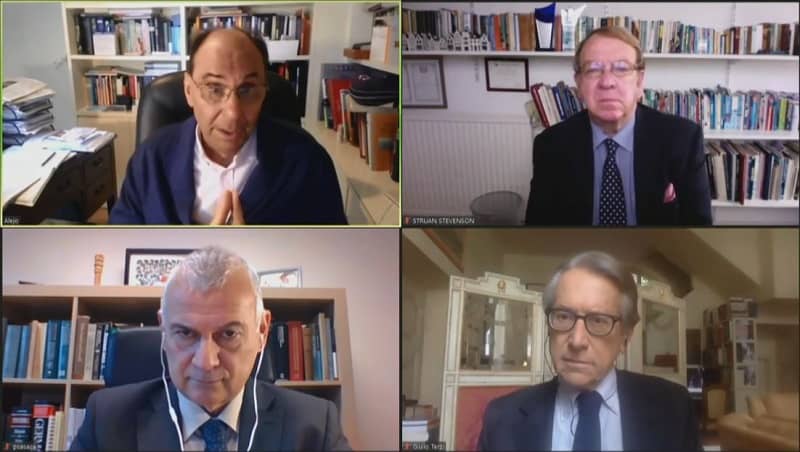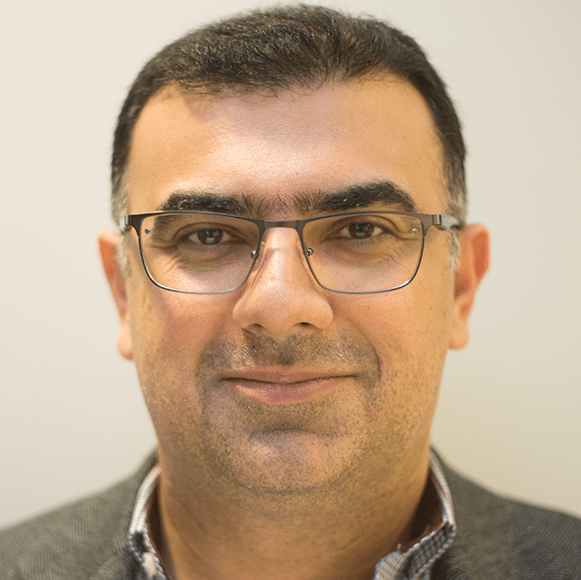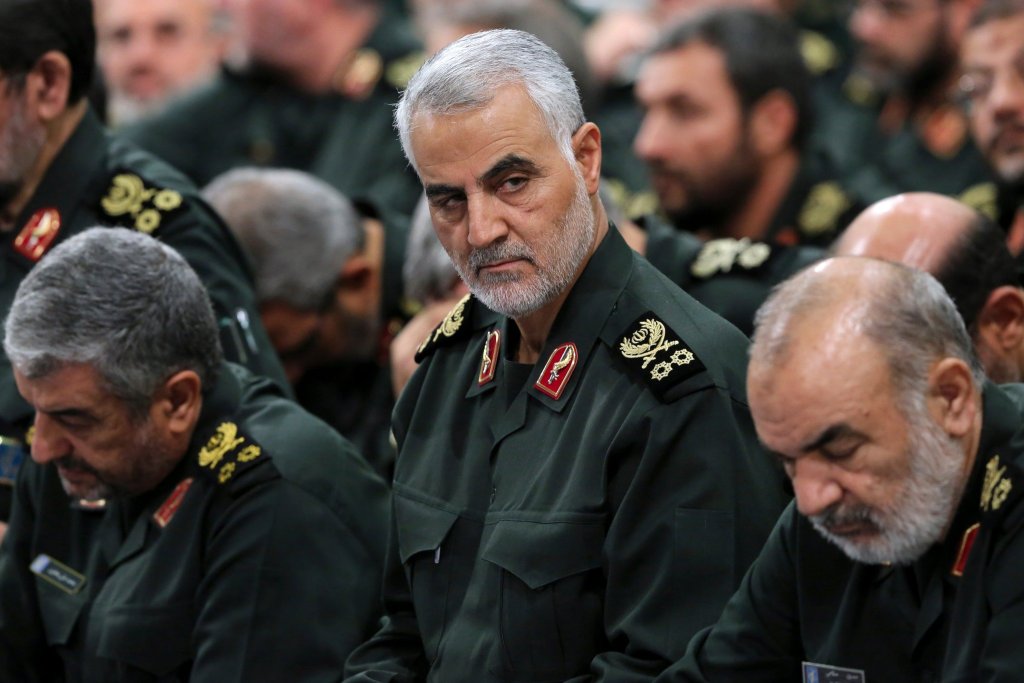Statement by 238 Iranian academics, political, cultural, and civil activists advocating for democracy and peace in condemnation of Israel's actions in the Gaza Strip
The massacre, food blockade, and deprivation of medicine in the Gaza Strip must be stopped as soon as possible.
The genocide in Gaza has reached a more horrific level. Since October 7, 2023, more than 54,000 people have been killed in the blind and retaliatory response of the Israeli government, with over seven thousand people missing. The majority of the victims are civilians, and more than 14,000 of them are children. Since the recent ceasefire was violated by the Israeli government on March 18 of this year, over four thousand people have been killed. Currently, following the ruthless attacks of the Israeli army and the seizure of nearly eighty percent of the Gaza Strip, along with the deliberate and systematic prevention of food and medicine from entering this besieged area, more than two million residents of this strip are facing severe food and medical deprivation, and many of them have become dependent on humanitarian aid to survive.
Unfortunately, in the face of the greatest tragedy of the 21st century, the global powers have either passively observed or, like the governments of the United States, Germany, France, and Britain, have aided the unceasing war crimes of Israel by sending extensive weapons. The protests of some European governments are also less effective than to have a deterrent impact on the aggressions of the Israeli government.
We, a group of university professors and political, cultural, and civil activists advocating for democracy and peace in Iran, who are concerned about hegemonic rivalries and sectarian conflicts in the region, emphasize our opposition to the policies and actions of the Islamic Republic in the Israel-Palestine conflict and support a sustainable peace and a just solution for this historical conflict. We defend the rights of the people of Gaza and the restoration of the territorial rights taken from the Palestinians, and we demand the immediate cessation of the Israeli army's crimes and their unconditional withdrawal from the Gaza Strip. The Netanyahu government must be prosecuted in an international court for genocide, violations of global laws, and humanitarian standards. The rulers of Israel, to satisfy their sense of revenge as is the customary method of this government, have killed 45 Palestinians so far for every Israeli killed on October 7. Of course, in these tragic events, the internal power ambitions of Netanyahu and his allies have also played a role, despite widespread opposition from protesting Israeli citizens.
We believe that these violences must be stopped as soon as possible. The actions of extremist Palestinian groups, including the violence and killing of civilians during the "Storm of Al-Aqsa" operation, are condemned; however, October 7 is not the starting point of this conflict. The judgment in this matter should consider the military occupation of Palestine, land confiscation, and the massacres of Palestinians, widespread displacement, and multiple discriminations against them over the past 77 years, as well as Israel's continuous and numerous violations of UN Security Council resolutions.
In our view, we must strive, from a principled position, to protest against Israel's crimes and defend the rights of the Palestinian people, just as we do for other nations under oppression, tyranny, discrimination, and deprivation, and oppose the appropriation of this stance by those in power. Defending Palestine, at its core, has nothing to do with the Islamic Republic, which is itself part of the problem. We take pride that the renowned Iranian poet Saadi wrote eight centuries ago, "Human beings are members of one body; they are created from the same essence."
Complete list of signatories in alphabetical order:
A – Anoush Atashsoda, Sahand Adam Aref, Abutaleb Ahdinevand, Vahid Aghajani, Cyrus Aghakhani, Mohammad Aghazadeh, Hadi Aghazari, Sahand Aghaei, Ali Amookhtehnejad, Hamed Ainehvand, Amir Esbati, Sara Ehsan, Morteza Ahmadvand, Matlab Ahmadian, Saman Arastou, Behzad Azhdari, Hassan Asadi Zeydabadi, , Mohammad Reza Afkhami, Maryam Afrakhraz, Iman Afsarian, Ali Afshari, Omid Aghdami, Mina Akbari, Reza Akrami, Shahram Alghasi, Narges Alikaei, Thamila Amirabrahimi, Elahe Amirentezam, Mehdi Amini, Hoshyar Ansari Far, Mitra Ali, Hossein Abbasi, Ismail Abdi, Alireza Abdi, Abdolali Azimi, Farzaneh Azimi, Reza Alavi, Reza Alipour, Reza Alijani, Samira Ali Khan Zadeh, Mohsen Ali Shiri, Mehrnoush Ali Maddadi, Arash Allahverdi.
B – Masoud Bastani, Khosrow Baqerpour, Mohammad Bagher Bakhtiari, Hanieh Bakhtiari, Afsaneh Barzoui, Nasrin Bazazi, Ashkan Behzadi, Alireza Beheshti Shirazi, Forough Bahmei, Sanli Behnoud, Ali Akbar Bidakhi.
Ch - Amir Chamani, Atefeh Chahar Mohalian.
D – Nasser Daneshfar, Afshan Daneshvar, Mazdak Daneshvar, Amir Salar Davoodi, Mehrdad Darvishpour, Amir Khosrow Delirsani, Ebrahim Damshenas, Azadeh Davachi, Naeemeh Doostdar.
E - Rouzbeh Eskandari, Saeed Eskandari, Babak Etemadani, Hassan Etemadi, Eshrat Erfaniyan, Shahram Eghbalzadeh
F – Hossein Fatemi, Mehdi Fattapour, Masoud Fathi, Narges Fadakar, Mehran Faraji, Vijeh Farahbakhsh, Nasrin Farghani, Masoud Farhikhteh, Abolqasem Farhang, Alireza Faridun Goudarzi, Asghar Feyzi.
G – Mina Ghaziani, Mohammad Ghafouri, Shahryar Ghaebi, Ali Akbar Gorji, Saadi Golbiayeni, Katayoun Golrokh, Mahdieh Golroo, Barbad Golshiri, Leili Golestan, Manoochehr Golshan, Fatemeh Ghovarayi, Matoureh Gounai, Reza Goharzad.
H - Seyed Mohammad Haji Seyed Javadi, Mohsen Hafezi, Soraya Habibi, Mohammad Habibi, Sahar Hojjati, Mehrdad Hojjati, Shouka Hosseini, Hamid Hosseini, Saeed Hanaei Kashani, Farhad Heidari Gooran, Nader Hashemi.
I- Mojgan Ilanlou.
J - Parviz Jahed, Hassan Jafari, Mahmoud Jafari, Sam-Reza Jafarrian, Mohammad Jamadi, Afshin Jahandideh, Ali Jahangiri, Mohammad Javaheri.
K – Mehdi Kabli, Farakh Kabliyan, Azadeh Kazemi, Ahmad Kazemi Mousavi, Khosrow Kordpour, Masoud Kordpour, Kazem Kordavani, Behzad Karimi, Reza Karimi, Mahmoud Karimi Hekak, Sahra Kalantari, Ali Kolayi, Sepideh Kooti, Hadi Keykavoosi
Kh – Behrouz Khaligh, Sepideh Khalili, Omid Khwarezmi, Mohammad Hossein Khourbak, Bakhtiyar Khushnam.
L – Mazdak Limakashi.
M – Mostafa Mohabkiya, Farhad Mehrabi, Ali Mohammadi, Mehdi Mahmoudian, Taghi Mokhtar, Parviz Mokhtari, Mahdokht Mokhtari, Iman Moslemi Pour, Pejman Mozaffari, Soudabeh Mozaffari, Masoumeh Mozaffari, Mehdi Mozaffari, Mehdi Maaref, Ali Moazami, Saeideh Montazeri, Mostafa Mehrain, Meysam Mehrnia, Farideh Mohammadi, Homayoun Mohammadi, Esfandiar Monfaredzadeh, Azin Mohadd, Hassan Morizi Nejad, Abdollah Momeni, Ali Mirsepasi, Sharmeen Mimanidizadeh.
N – Negar Naderi Pour, Hojjat Naranji, Abdollah Naseri, Mehdi Nakhl Ahmadi, Reza Nasaji, Fatemeh Nasr, Shiva Nazari Ahari, Arsen Nazarian, Faryar Nazarian, Saeed Naeimi, Hossein Naqashi, Amin Nourani, Toumaj Nourai, Ismail Noshad, Saleh Nikbakht.
O - Mohammad Olyai Far, Mahmoud Omrani.
P – Mani Parsa, Ramin Parham, Armin Pourfehimi, Ali Pournaghi, Mehrdad Poushaei.
Q - Aziz Qasemzadeh, Farid Ghadami, Abolfazl Ghadiyani, Ahmad Ghadiyani, Jafar Qadimkhani, Mira Ghorbani Far, Arash Ghale Golab, Sepideh Gholian, Rahim Ghamishi, Ejlal Ghavami.
R – Fariba Rad, Alireza Rajai, Taghi Rahmani, Ali Rafahi, Hossein Rafiei.
S – Behrouz Sotoudeh, Hossein Sarbandi, Niko Sarkhush, Maryam Sotvat, Khashayar Safidi, Parvaneh Selahshouri, Belghis Soleimani, Razi Salimi, Homayoun Sirizi, Mina Saber, Mandana Sadeghi, Taraneh Sadeghian, Raina Sadeghian, Mohammad Sahafi, Mani Safar, Nima Safar, Keyvan Samimi.
Sh – Amin Shahid, Sadegh Shojaei, Rozita Sharafjehan, Ehsan Shariati, Armin Sharifi, Asadollah Shabani, Abbas Shokri, Fatemeh Shams, Sahar Shahriyar, Gholam Ali Shahriari, Roshanak Sheikh Rezaei, Maryam Shirin Sokhan, Behzad Shishegaran.
T – Nirvana Torbati Nejad, Hadi Taghizadeh, Shahrokh Tondro Saleh, Ilya Tahmaten, Samad Taheri, Alireza Taheri, Malihah Tabatabai.
Z – Ali Zakari, Reza Zaman.
Y - Maryam Yahyavi, Hassan Yousefi Eshkevari





